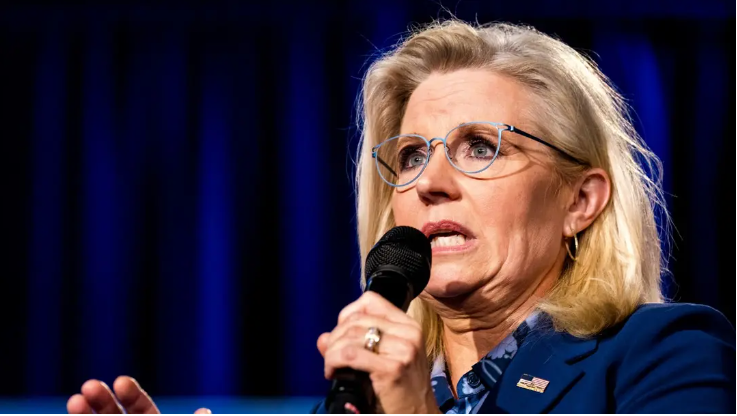India: Court Orders Bipartisan Panel to Select Election Officers
India's Supreme Court has ordered the creation of an independent panel to appoint members of the Election Commission. It will include the prime minister, chief justice, and either the leader of the opposition in the lower house of parliament or the opposition party with the highest number of hous...
/cloudfront-us-east-2.images.arcpublishing.com/reuters/573JR4OIEZJR3HDJEV5KFA4QXQ.jpg)
0:00
/0:00
Facts
- India's Supreme Court has ordered the creation of an independent panel to appoint members of the Election Commission. It will include the prime minister, chief justice, and either the leader of the opposition in the lower house of parliament or the opposition party with the highest number of house members.1
- The ruling comes after the current Election Commissioner (EC) Arun Goel's appointment process took less than 24 hours. He was appointed to a term of five years, with the court calling a tenure of less than six years a 'clear breach' of the law, citing section 4(1) of the 1991 Election Commission Act.2
- Goel, a former Indian Administrative Service officer who retired on Nov. 18, was appointed EC a day later and took charge on Nov. 21, with the court questioning the swift process.3
- Under the current system, the president, who generally abides by the advice of the ruling government, appoints the chief EC and two commissioners for a tenure of six years each.4
- The Election Commission is an autonomous governing body established to oversee the nation's elections. Opposition parties have accused it of being biased toward the ruling party — allegations the commission has denied.1
Sources: 1Al Jazeera, 2The hindu, 3Ndtv.com and 4Reuters.
Narratives
- Narrative A, as provided by Op. As was likely the case with Arun Goel and many other election-related peculiarities in recent years, the ruling regime uses its power to appoint commissioners who are biased toward the incumbent government that appointed them. This ruling addresses the unconstitutional actions taken by the ruling party and, hopefully, the world's largest democracy is now set on a path of transparency.
- Narrative B, as provided by Opindia. While the high court rightly pointed out that election regulations should not be taken lightly, the Constitution doesn't actually provide details regarding who selects commissioners. The newly-mandated panel has no constitutional ties, and thus, this is an arbitrary ruling. This drastic change in election law could also have unforeseen consequences, with the next election only a year away.






